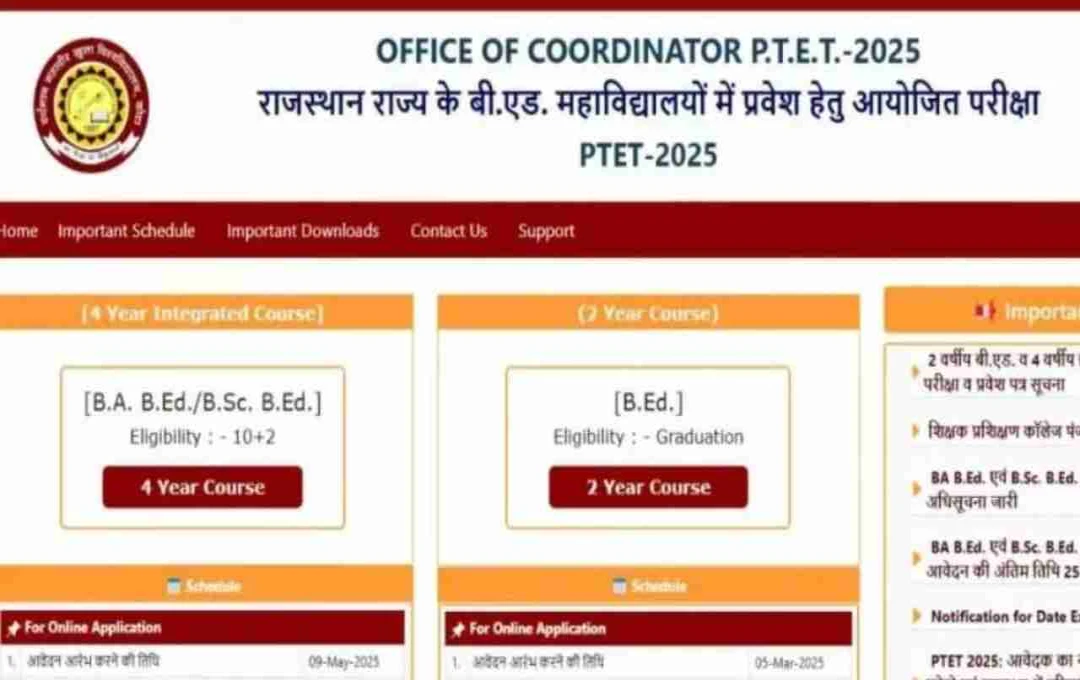A significant QR code fraud has been uncovered at 'Oh By Ozy,' an imitation jewelry store in Thiruvananthapuram. The store owners, Malayalam actor and BJP leader K. Krishnakumar and his daughter, influencer Diya Krishna, allege that three employees—Vineetha, Divya, and Radhakumar—redirected approximately ₹69 lakh of customer payments into their personal Google Pay accounts between July 2024 and April 2025.
How the Fraud Occurred
The family stated that the fraud began when Diya was away from the store due to her pregnancy, leaving the employees in charge. They allegedly removed the store's legitimate QR code and replaced it with their personal QR codes, diverting all transactions to their accounts. CCTV recordings purportedly show them committing this act, and it is claimed that one employee confessed to the money distribution.
FIR Filed by Both Sides

Based on the complaint filed by the store owners (Krishnakumar/Diya), the Museum police have registered a case under sections related to cheating, criminal breach of trust, and intimidation.
Conversely, Vineetha and the other accused have filed a counter-complaint, alleging that they were immediately taken to the police station, subjected to humiliating treatment based on their identity and caste, and forced to give confessions akin to a staged suicide.
Police Investigation and Evidence
The Museum police have formed a special investigation team and commenced a detailed examination of bank transaction history, phone data, and CCTV footage. Preliminary investigations reveal that the accused returned ₹9 lakh, but the remaining amount has yet to be traced.
Social Discourse and Caste Issue

This case extends beyond a simple financial fraud. The accused claim they faced "caste-based discrimination." Reports of this are circulating widely on social media and other platforms. Conversely, the family denies these allegations, suggesting they might be a tactic to evade justice.
This controversy is not merely about the embezzlement of ₹69 lakh; it challenges the trust placed in online and offline payment systems. The redirection of funds by altering the QR code represents a serious cyber-enabled fraud. Simultaneously, issues like caste-based allegations and forced confessions raise significant social and legal questions.
The investigation now hinges on verifying the bank data and video evidence. Whether the evidence confirms a tech-based fraud or a misuse of caste-based labeling, setting a precedent for future cases, remains to be seen.













